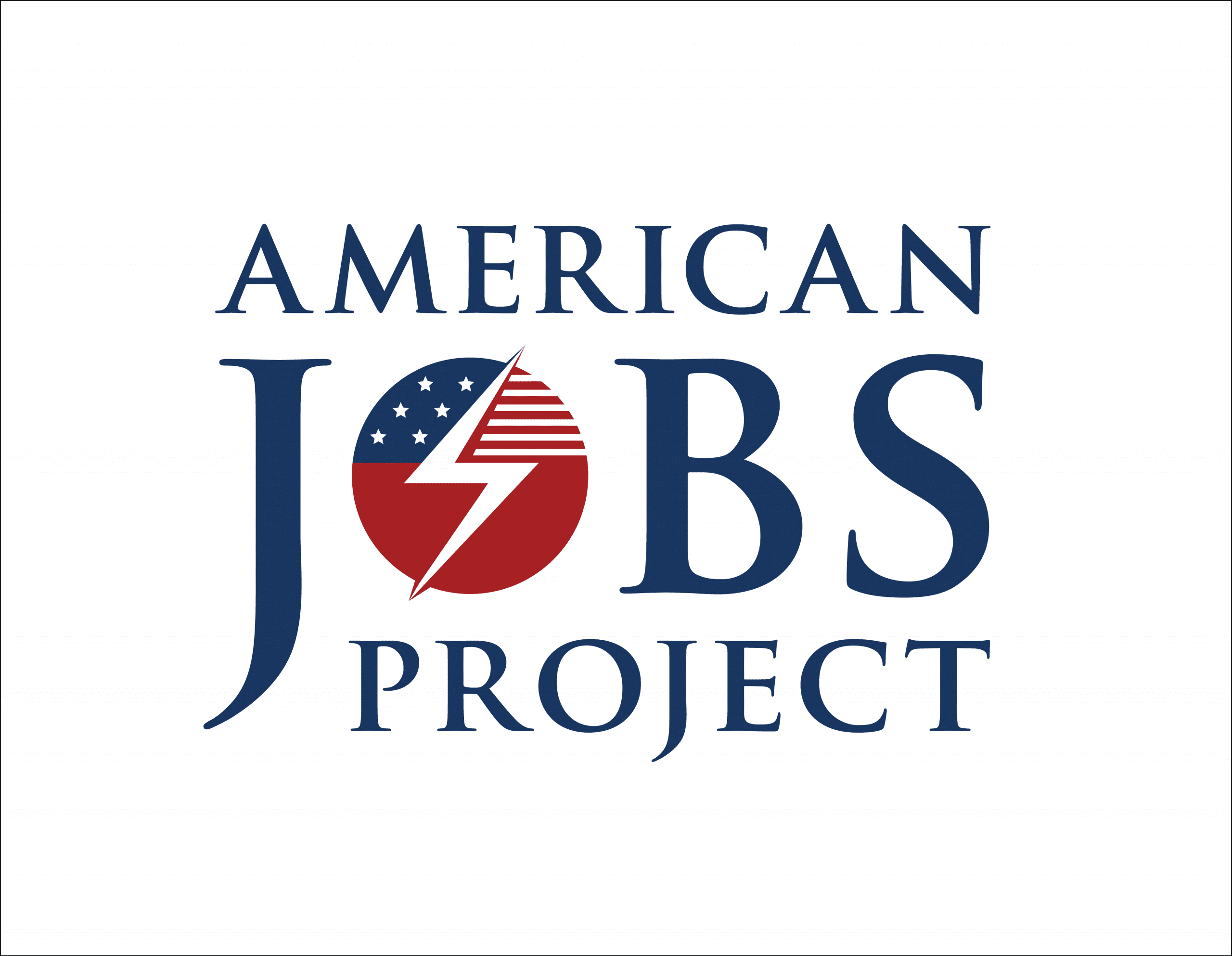Workforce Development
American Jobs Project
This national initiative focused on the creation of good-paying middle-class jobs in advanced energy-economic clusters. For the project, student researchers at Berkeley in public policy, engineering, business and law worked with university partners and industry allies in twenty-four states. The research teams identified bottom-up solutions for local and state governments to build their clean energy economies.
Is it possible to create good-paying American jobs in today’s global economy? And what if the solutions did not involve Congress at all? What if there were creative middle-class job creation strategies being developed and tested in the laboratories of democracy—the states and cities? The American Jobs Project sought to answer these questions and provide a research-based roadmap for action for state and local leaders.
Our quest started with identifying the biggest market opportunity of our era: the global demand for advanced energy solutions. That demand—whether borne out of a need for diverse, reliable, and clean power or to achieve energy independence from unstable regimes—creates “the mother of all markets” for local U.S. businesses to build and sell those solutions. Strategically minded businesspeople looking at global growth projections in advanced energy demand are making major investments and reaping large revenues. In 2014, the private sector reported $1.3 trillion in global advanced energy revenues, the fastest growing year on record. Advanced energy investments are now bigger than the global apparel sector and almost four times the size of the global semiconductor industry. And jobs? Up to 16.7 million jobs are projected to be in the global advanced energy sector by 2030, almost tripling the 5.7 million people employed in the sector in 2012. The question for the United States is: Where will those new jobs be created?
The American Jobs Project set about finding ways to make our states the answer to this question. If countries across the globe, including the U.S., are seeking technical products and solutions for our growing energy needs, how can U.S. businesses take advantage of this demand and build products locally that can be exported to the world? And how can we equip U.S. residents with the skills those businesses need to build their advanced energy products?

